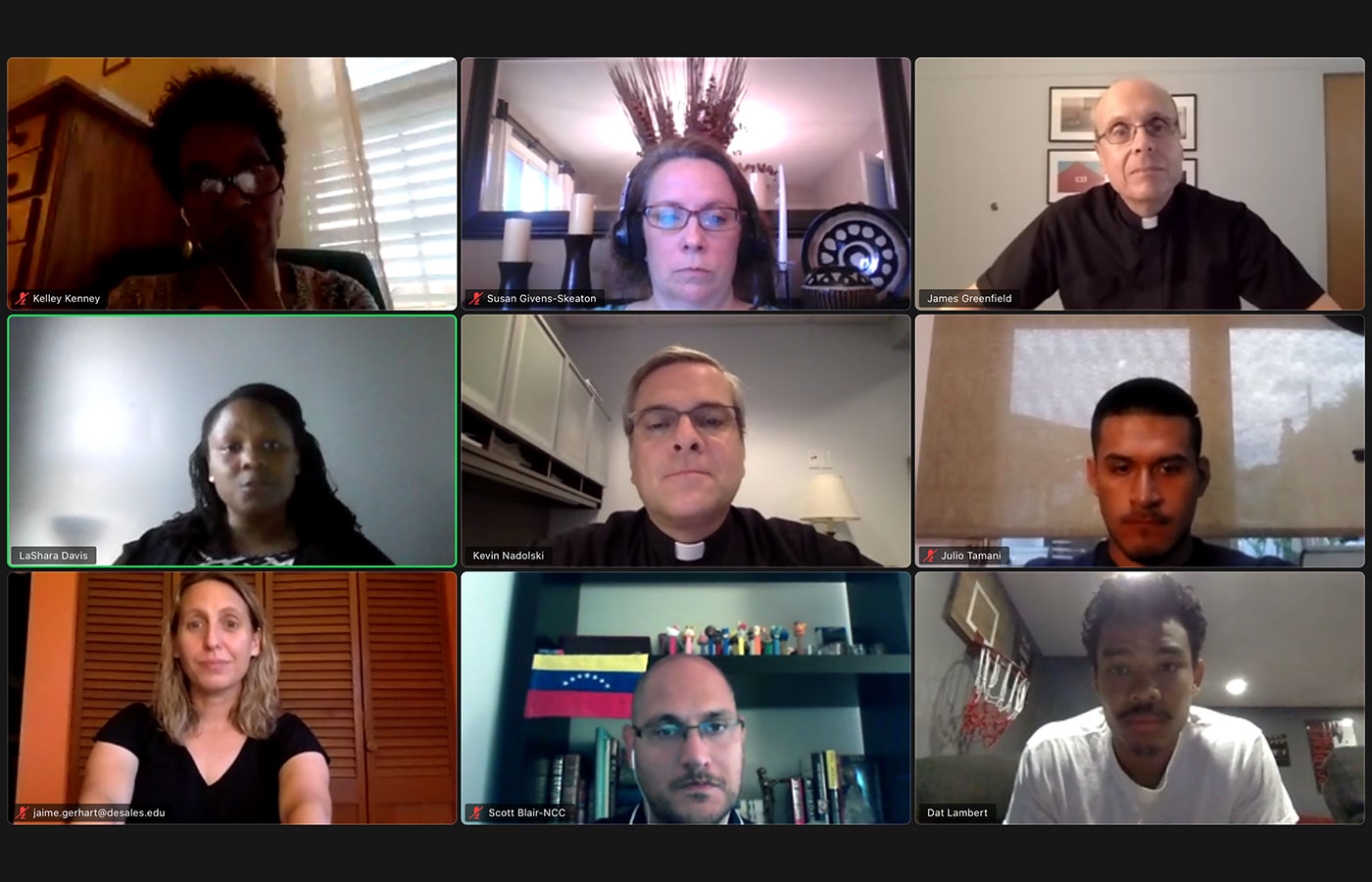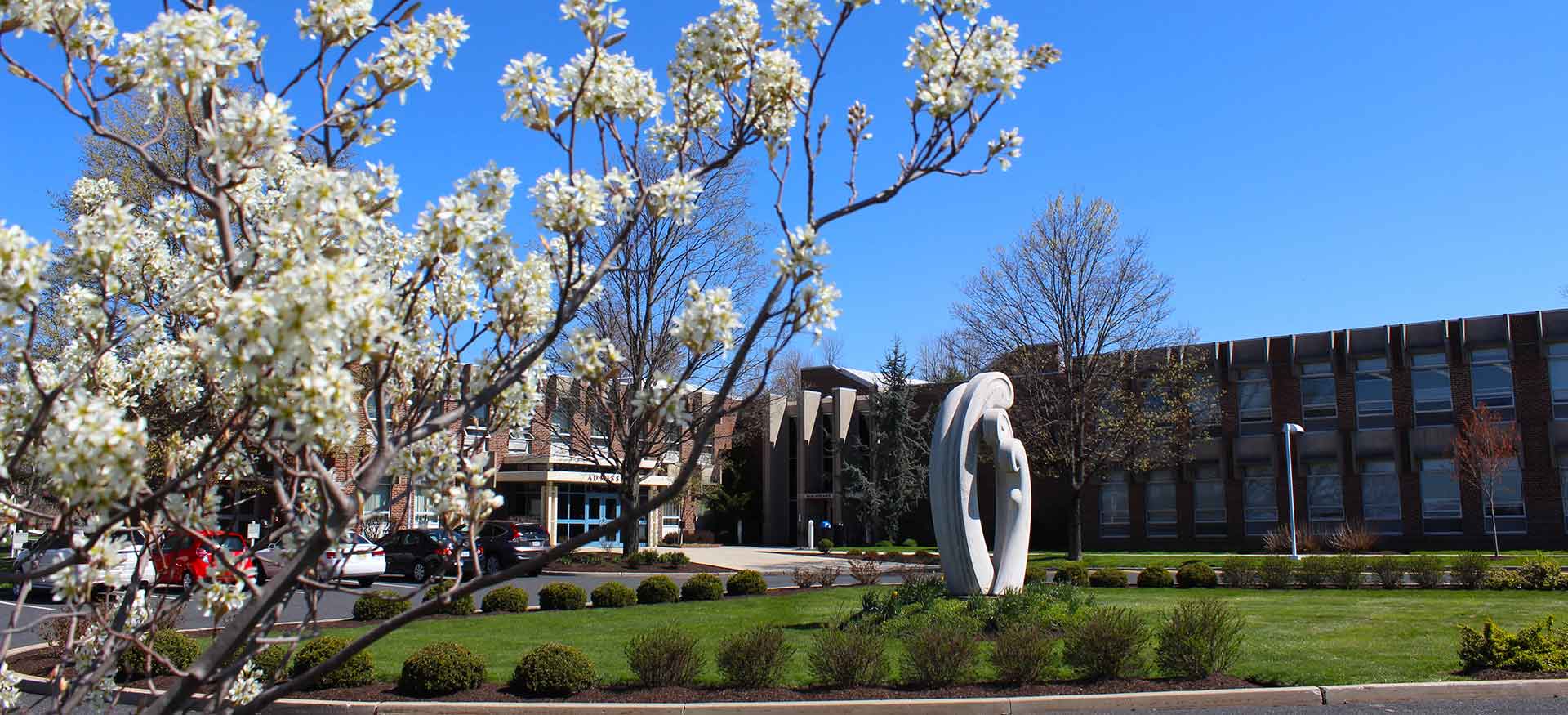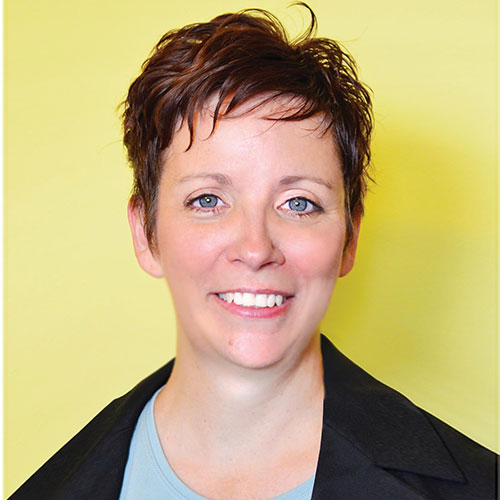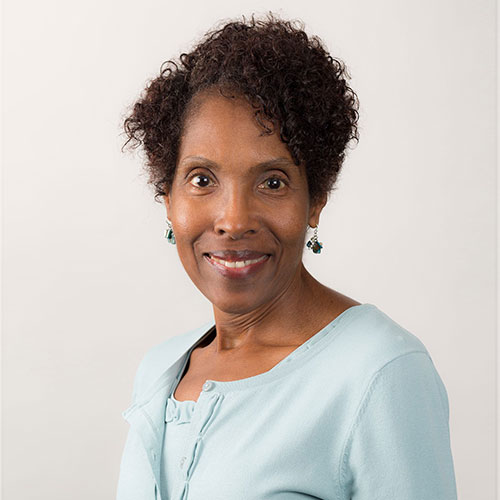“We must seize upon this moment as transformative and enduring.” DSU Community Addresses Racism in Virtual Town Hall

For Dr. Kelley Kenney, addressing the scourge of racism comes down to dialogue—a simple conversation that can unlock a person’s cultural context.
Kelley was one of nine panelists who participated in a virtual town hall meeting to discuss racism and its impact on both the country and DeSales community.
“What better way to show respect, show interest than to say: share with me, tell me, talk with me about what your experience has been like so I have an understanding.”
More than 200 people tuned into the virtual Q&A session, which included an eight minute and 46 second moment of reflection in memory of George Floyd, whose killing by Minneapolis police touched off a series of protests both nationally and internationally. Questions ranged from microaggressions and colorblindness to ways the white community can help end racism. The panelists agreed it starts with self-awareness, education, and the curiosity to learn more.
To Dr. Susan Givens-Skeaton, assistant professor of management and a workforce diversity teacher and scholar, being a white ally also means recognizing that white privilege does exist and not becoming defensive about it.
“We have been afforded a privilege through structural racism and we navigate our world in ways that people of color are not able to do,” she said. “But it’s done in such a way that we’re meant to remain oblivious to it. Once we start to become aware that white privilege exists, we now have a responsibility to end that.”
While the issue of racism may not be overly outspoken at DSU, student panelists Dat Lambert, Julio Tamani, and Naomi Amadi acknowledged that subtle microaggressions— comments that reinforce the message that individuals do not belong—do exist. For them, the key is to keep these hard conversations going both on and off campus.
“For me personally, this is the most I ever heard about race in all my three years of going to DeSales. Come to a [Black Student Union] meeting that we have; share your voice with us—your voice is very powerful.”
DeSales recently established a Diversity, Equity, and Inclusion Task Force with Dr. LaShara Davis, assistant professor of communication, at the helm as coordinator. Davis made clear that the task force goes beyond black and white to make sure all voices are heard.
“If we don’t take this opportunity now to formally make policies and put practices in place to protect all students who may be from diverse communities, we’re going to end up in a similar situation later on and we will do a disservice to this time,” she said. “It is our utmost responsibility to take all students into consideration.”
Jaime Gerhart, director of service for DeSales’ Center for Faith and Justice; Scott Blair, chief diversity officer at Northampton Community College; and Father James Greenfield, OSFS ’84, president of DeSales, rounded out the panel. Father Kevin Nadolski, OSFS, vice president for mission, served as moderator.
When asked about the lack of diverse leadership and full-time faculty on campus, Fr. Greenfield acknowledged it’s something he is keenly aware of and working on. He also vowed that the town hall would be part of a larger process of dialogue on campus.
“The African American community, itself speaking with the power and eloquence that are penetrating our deafness and hardness of heart, is a sign of hope,” he said. “As a Catholic and Salesian university, we must seize upon this moment as transformative and enduring.”







